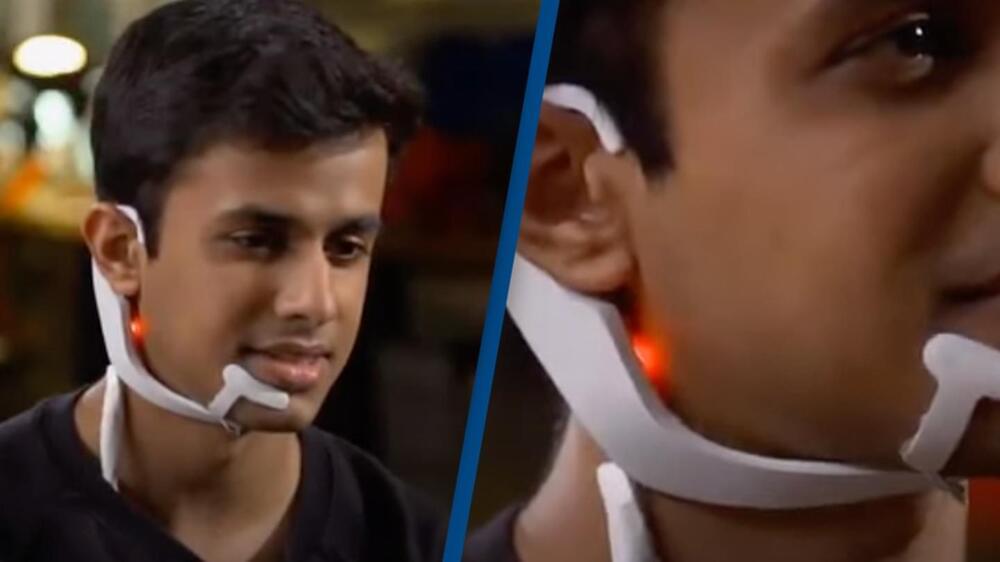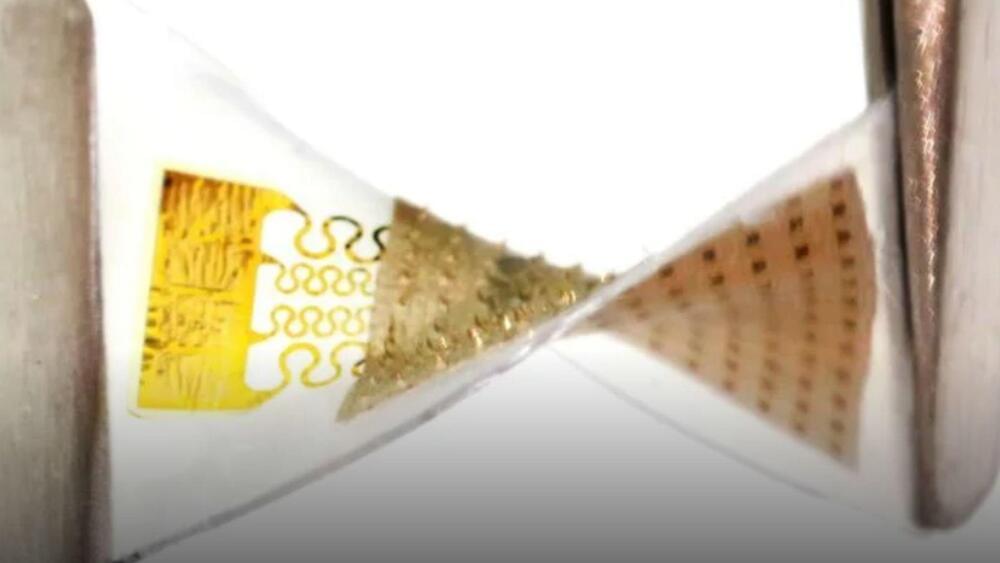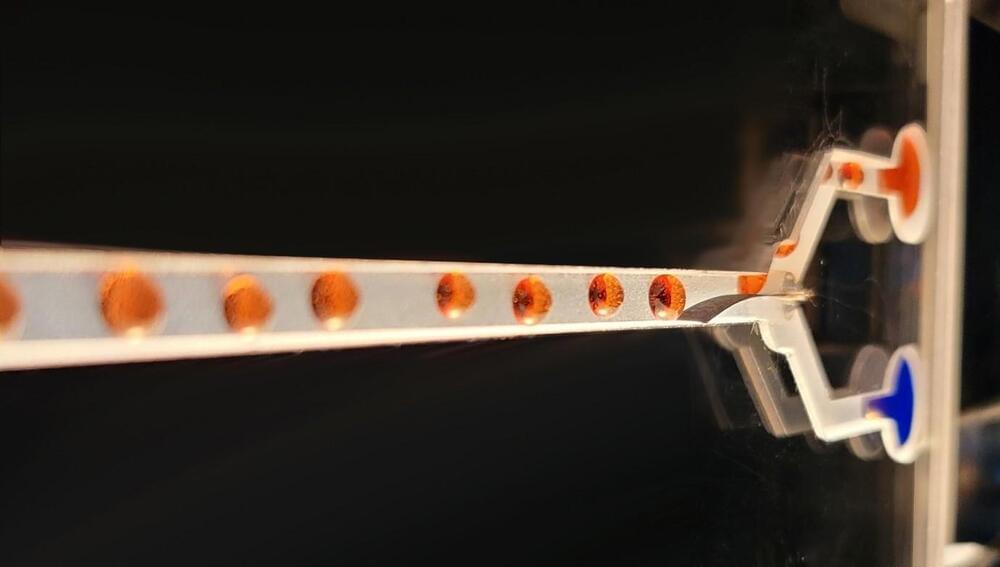Feb 26, 2024
MIT student creates device that is able to search the entire internet using just his mind
Posted by Dan Breeden in categories: internet, wearables
A Massachusetts Institute of Technology (MIT) student has created a device that allows humans to communicate with machines using our minds — and it truly is incredible.
Arnav Kapur created a device called AlterEgo, which is a wearable type of headset that allows users to communicate with technology without even speaking a word.
So how does it work?


















